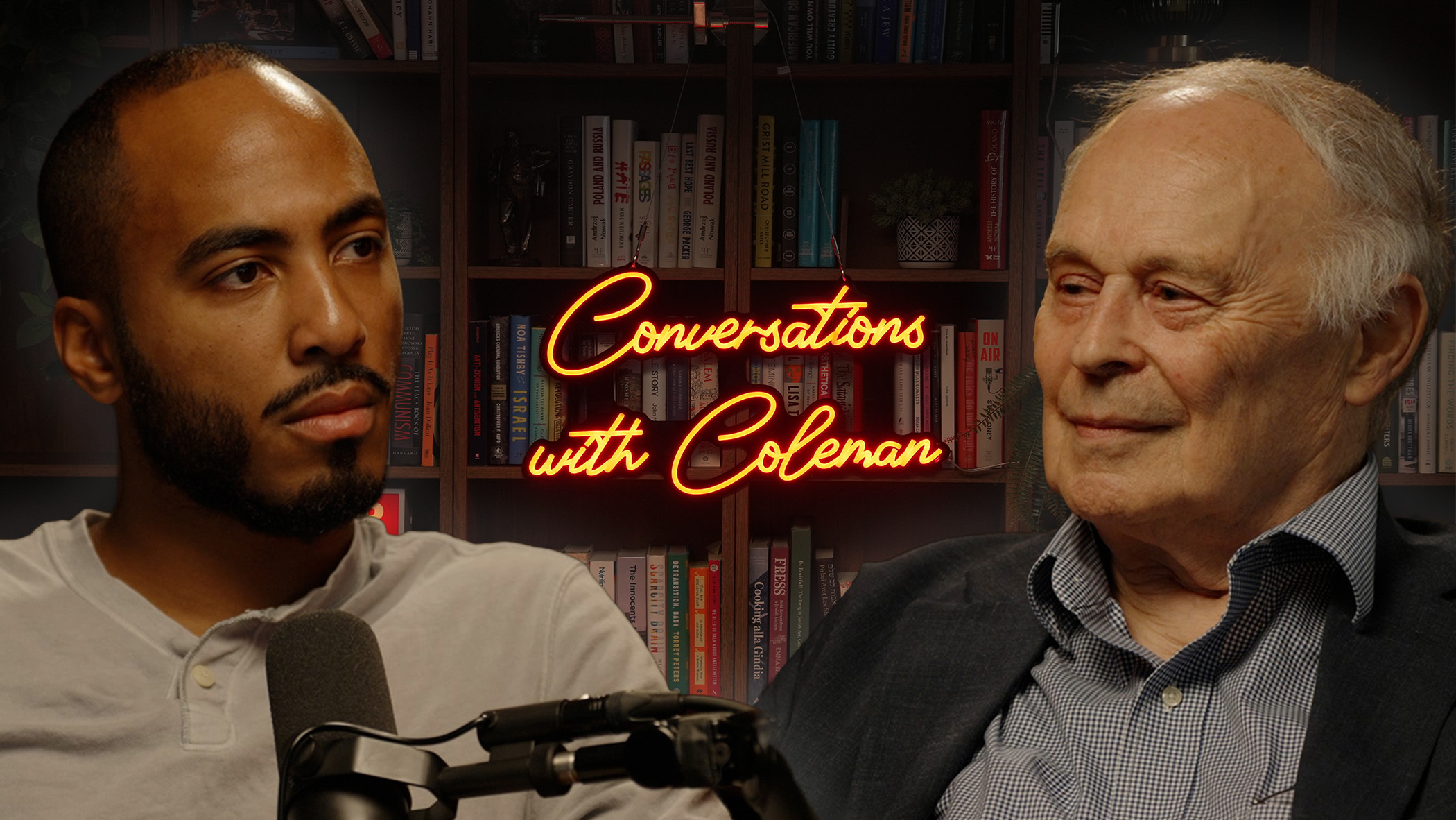What is the Hyde Amendment?
The Hyde Amendment has taken center stage this week in the Democratic presidential field, with former Vice President Joe Biden announcing Thursday night he no longer supports it — a reversal of his long-held position.
So what is the Hyde Amendment, and why is it so controversial?
The Hyde Amendment restricts federal funding from supporting abortions except in instances of rape, incest or to save the life of the mother. Congress passed the first iteration of the Hyde Amendment in 1976, just a few years after Roe v. Wade, attaching it to Medicaid appropriations. The amendment effectively barred federal Medicaid funds from being used for abortion except for instances in which the woman's life would be endangered by carrying out the pregnancy.
The amendment must be passed, attached to Health and Human Services appropriations, each year. The Supreme Court upheld the constitutionality of the amendment in 1980.
Most Democratic presidential candidates in the 2020 race have made it clear they don't support the Hyde Amendment, like Biden said he did up until this week. Earlier this week, the Biden campaign insisted he still supported the amendment, before the former VP announced Thursday night he no longer does with the right to abortion "under attack."
"I can't justify leaving millions of women without access to the care they need and the ability ... to exercise their constitutional protected right," Biden said at a Democratic National Committee fundraising gala in Atlanta Thursday night.
Biden had been under pressure to change his position, with other Democrats blasting his support for the amendment. Democratic Rep. Seth Moulton, also running for president, on Thursday compared Biden's position to supporting American troops but not being willing to pay for them.
Biden was sworn into the Senate in 1973, the same year the Supreme Court decided Roe v. Wade, and long said he personally opposed abortion, citing his Catholic beliefs.
"I accept my church's position on abortion as a what we call de fide doctrine," Biden said during a 2012 vice presidential debate. "Life begins at conception. That's the church's judgment. I accept it in my personal life. But I refuse to impose it on equally devout Christians and Muslims and Jews. I just refuse to impose that on others."
The abortion debate has once again become polarizing in American politics, after more liberal states like New York passed laws enabling late-term abortions and states like Alabama and Louisiana passed laws virtually banning abortions past a few weeks.



